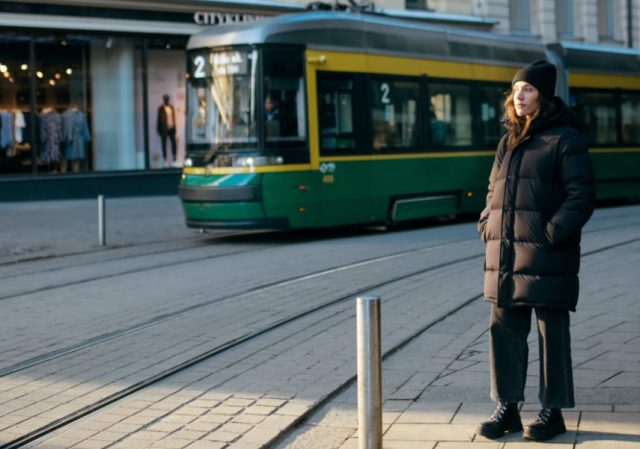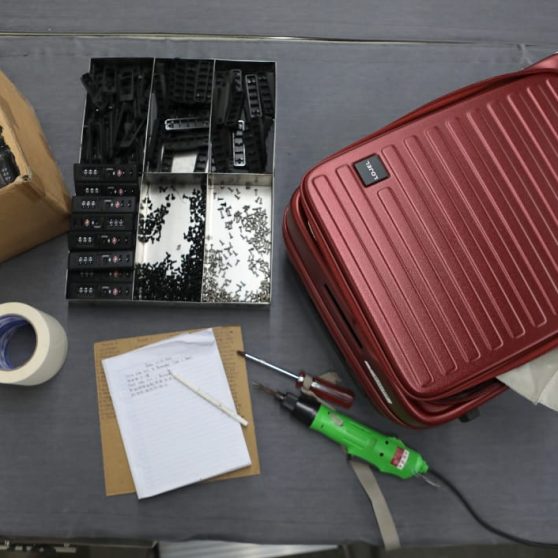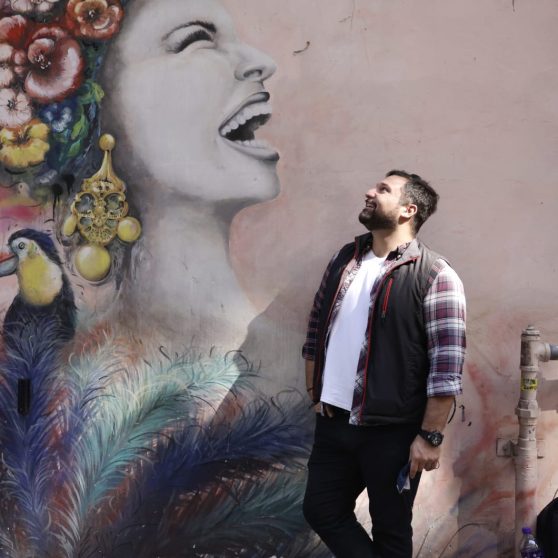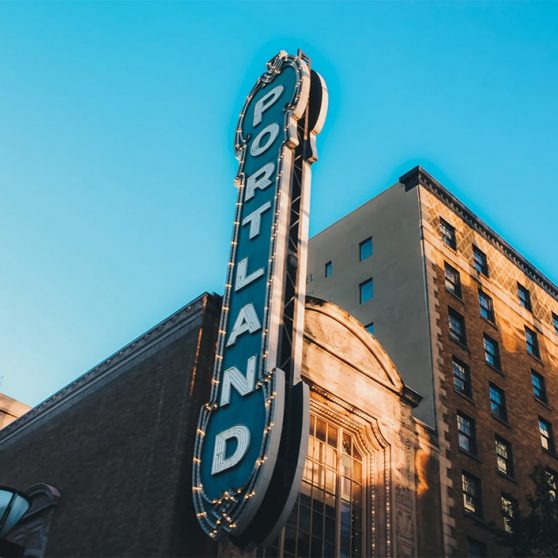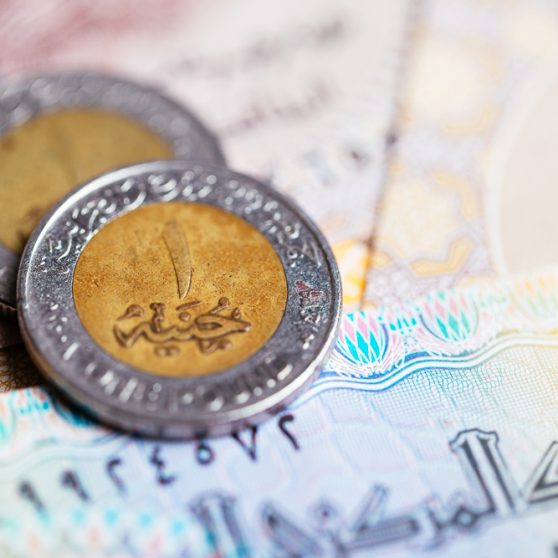I recently went ice dipping for the first time, submerging my body in a hole cut into the Baltic Sea. As I climbed down the ladder into the dark water below – each rung caked in its own layer of frost – it felt like needles pricking my body. I felt shortness of breath from the shock and started to lose the feeling in my limbs. My heartbeat drummed in my throat.
As I emerged again, I felt an intense elation. Part relief, part triumph. But also partly a bond to Helsinki, this place where I now live.
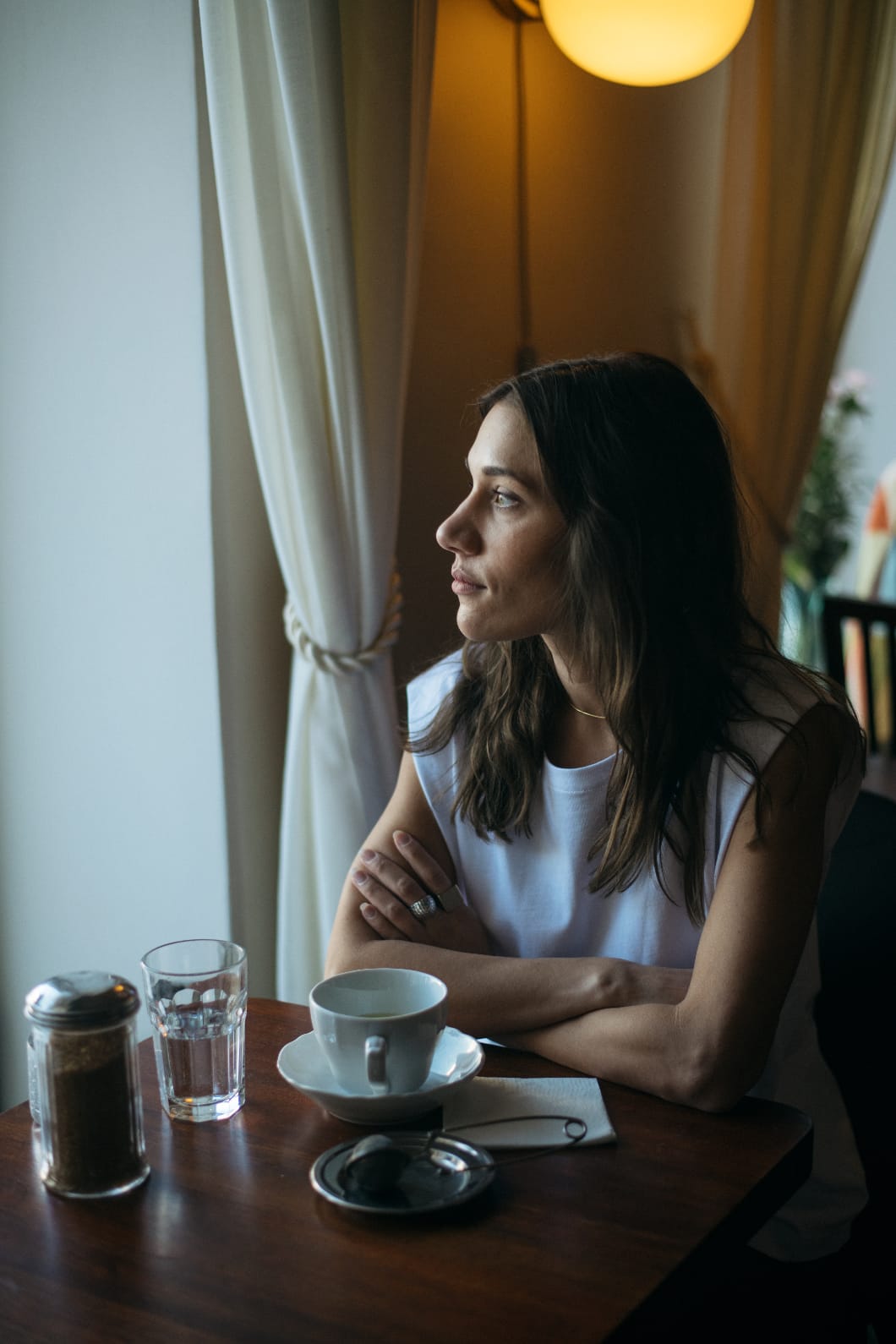
My introduction to Helsinki
Life is different in this Nordic country, known for its sisu. There isn’t a direct English translation for this Finnish word, but it refers to the fortitude, determination, and mental toughness that is a core part of the identity here – tackling challenges directly, speaking honestly, finishing what you start. This is a country that retained its sovereignty after the Winter War with Russia. It’s a place where people casually bike by me in the snow, long stretches of darkness are an annual norm, and winter swimming is part of the culture. Karaoke bars, too.
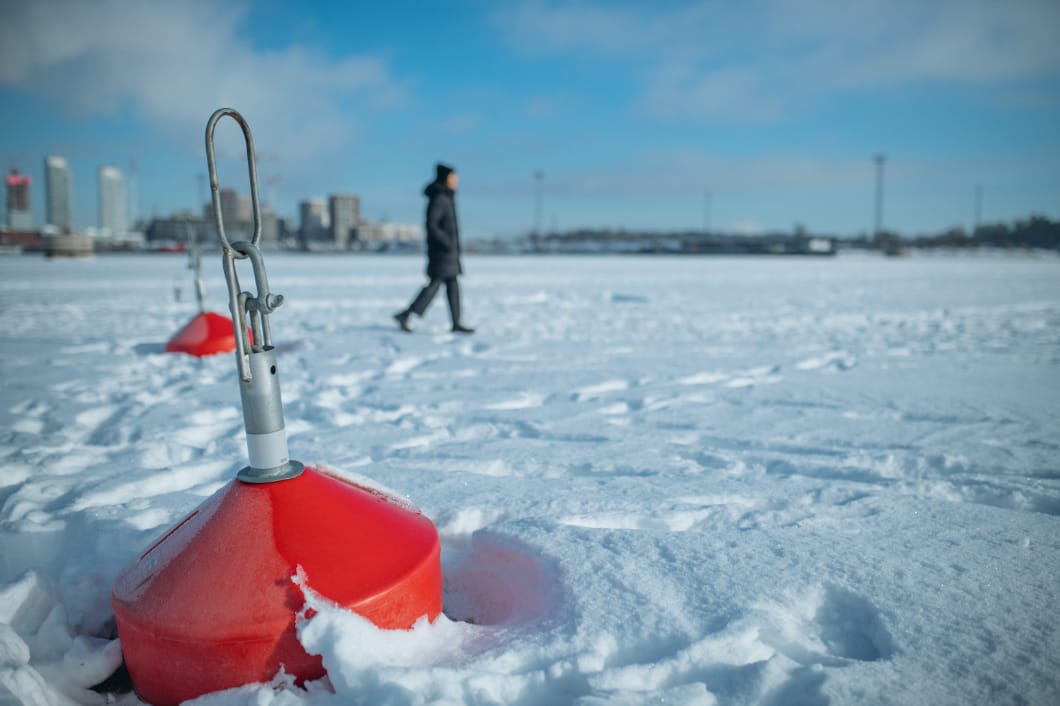
It’s a place where people casually bike by me in the snow, long stretches of darkness are an annual norm, and winter swimming is part of the culture. Karaoke bars, too.
It’s also a place where a steely exterior can be misleading, disguising the kindness and genuine nature of the people who live here. I still have trouble looking people in the eye as they pass me on the street. Every muscle in my face twitches; my reflexes want to smile or nod even though it’s not customary to do so. It’s easier if I’m wearing a mask. I can walk through the city and observe fellow passersby, veiling my Canadian politeness – that side of me that wants to avoid any tension or awkwardness. The Finns either walk calmly by, or hold my gaze for just a bit longer than I find comfortable. Then, without batting an eye, they continue on their way, poker face intact.
Unpacking my own identity
I grew up in Vancouver, Canada, a place also known for its aloofness. I’ve been told by many friends that Vancouverites are also cool-mannered. We don’t always make eye contact; we seldom smile at strangers. I’m not sure where my tendency to do so came from. Perhaps I internalized the “nice, polite Canadian” stereotype, or I over-index on visual communication, having grown up with a hearing loss and using visuals – lipreading, body language, facial cues – to communicate.
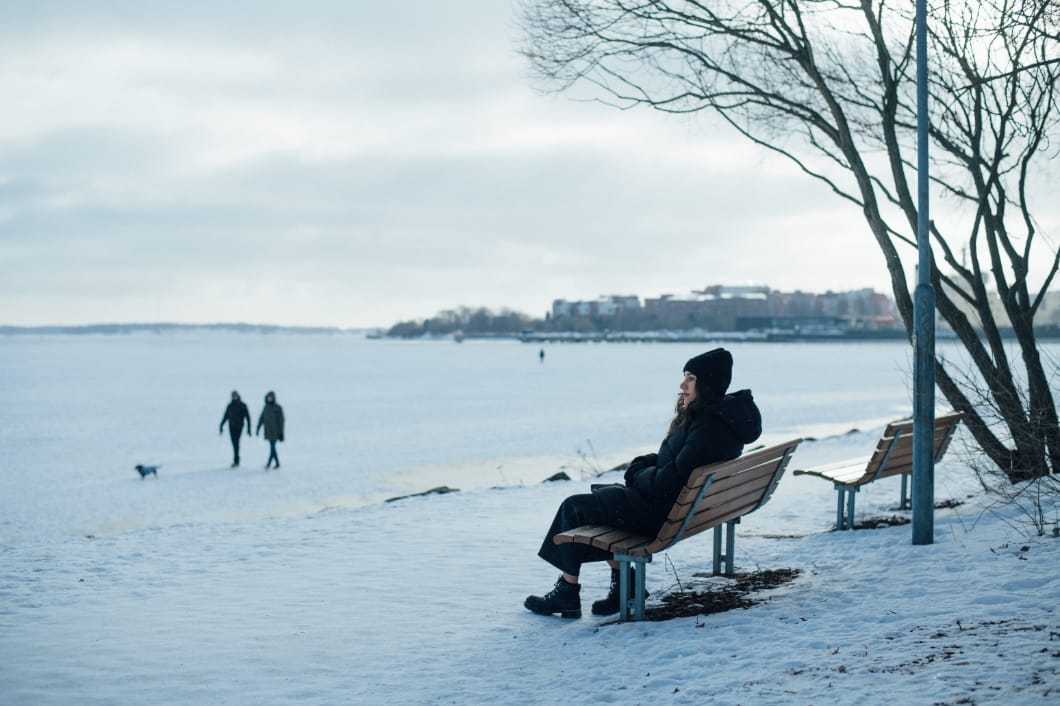
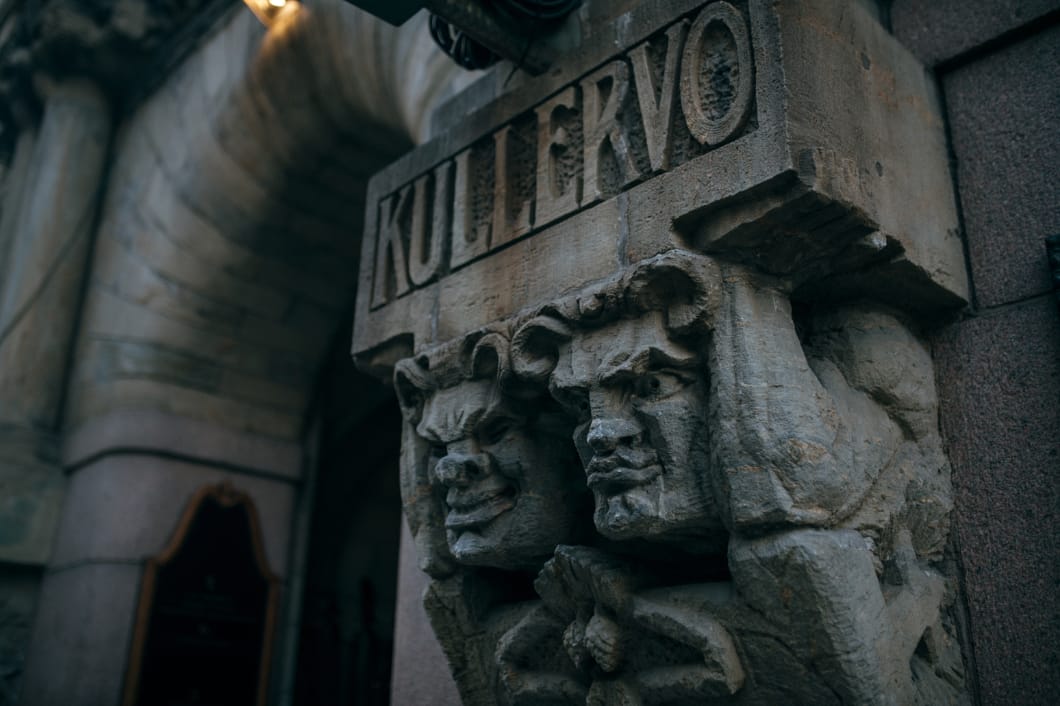
Moving abroad has shown me how traits that are shaped by one place are exposed by another. Certain things that were innate suddenly seem peculiar in a new context. Smiling to be polite or smiling because something is funny. Living in Finland has given me the opportunity to reflect on my “Canadianness” and consciously decide if, and how, I want to adapt – but also learn.
Moving abroad has shown me how traits that are shaped by one place are exposed by another. Certain things that were innate suddenly seem peculiar in a new context.
Trying on something new
When I think about home, I think of somewhere we’re born into, but also something we can build – we can associate home with a person, we can design our physical space, we can carry elements of it with us in the form of mementos, memories, habits, relationships. Our identities are directly linked to what we call home. New environments, on the other hand, may question or challenge those identities. They help us shed old beliefs and habits, form new ones, cement who we know ourselves to be, or let us try on something new.
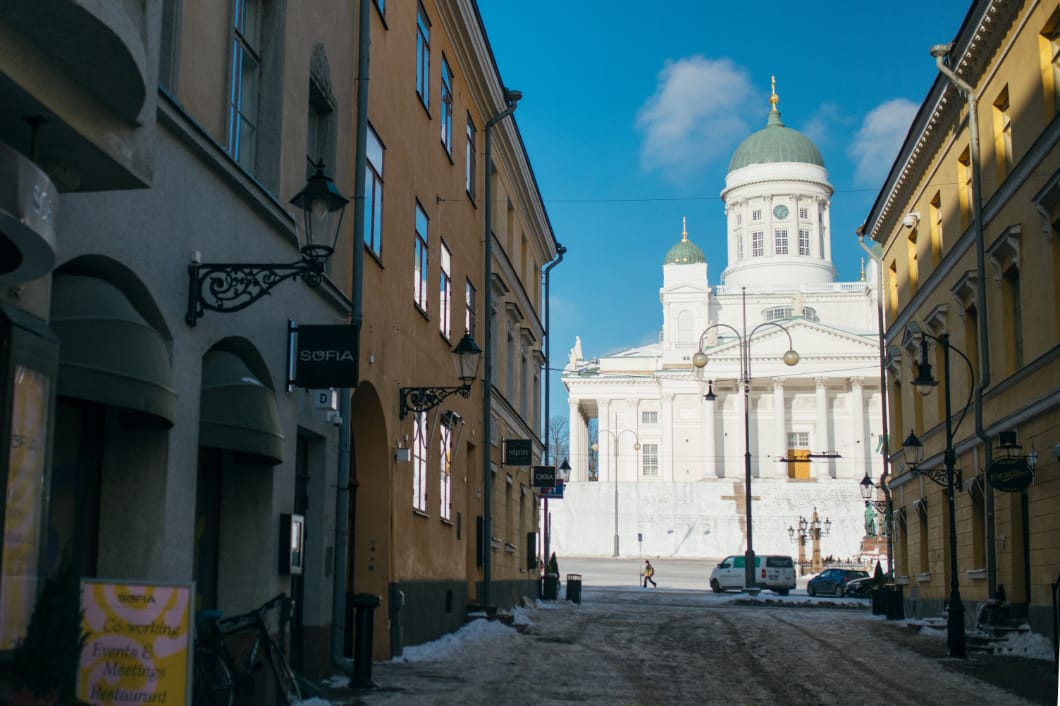
Even when we’re sheltering in place for a long stretch of time – and most days I don’t stray far from my apartment here – the repetition and mundanity of being in one location every single day teach us about our own resilience, independence, need for connection, even fear.
Just when I thought I had reached the end of some imaginary path – now I feel really confident in my skin, now I’ve done the work – I’m reminded that we’re all in progress, always.
I sometimes think that one day I’ll look back on these early days of my time in Finland and laugh, recalling my discomfort as I navigated a new city. Just when I thought I had reached the end of some imaginary path – now I feel really confident in my skin, now I’ve done the work – I’m reminded that we’re all in progress, always. The feeling of having to restart – making mistakes, feeling out of place, the embarrassment of getting stuck in the revolving door at the grocery store – is humbling, but it’s good work. It reminds me to never be complacent.
Maybe after this immersion in a new culture, I’ll experience that elation again, once Helsinki feels like home. Part relief, part triumph.
